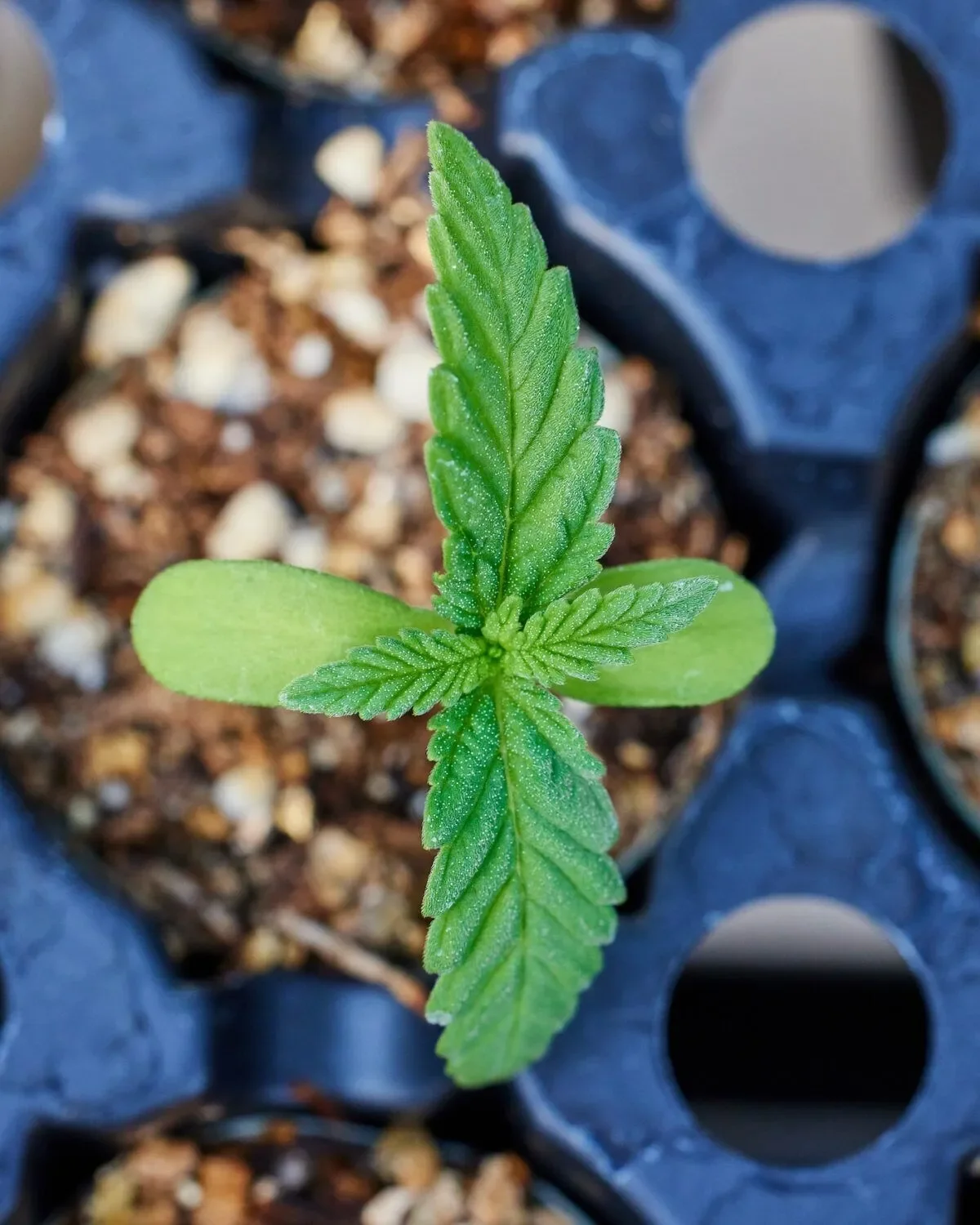In the era of climate change, more people are striving to help build a better Earth. Over-consumption and needless waste have long been burdens on our society, leading to a stronger push for a more sustainable life. With this in mind, Gorge Greenery has taken steps to be a sustainability leader in the cannabis industry. After being in business since late 2015, we can happily say that our practices are working.
The first step to sustainability is reducing waste. The easiest way to cut out waste from your life is to identify any “single-use” items used in day-to-day living. The word “single-use” is practically synonymous with plastics. Easy to make and cheap, plastics have been used widely as means to a packaging end, and the same goes for the cannabis industry. Many dispensaries sell cannabis in plastic medicine bottles, and all too often these bottles end up in landfills. Oregonians consumed 340,000lbs of cannabis last year, and most flower is sold from a gram to an ounce at a time. That’s a lot of single-use plastic bottles and bags. Plastics take hundreds of years to decompose and are toxic to the environment. This is both harmful to the environment and not sustainable.
Glass jars are returnable, which can be washed, sanitized, and reused.
In order to combat this, Gorge Greenery uses glass containers when packaging cannabis. Glass is far more versatile, recyclable and can be re-used many times without hindering the quality of the cannabis. Gorge Greenery also has a sustainability return program for our glass jars to reduce the consumption of packaging. Our returnable glass container policy has been a notable success! More and more customers return their jars as a part of our return-rewards program. These jars are cleaned, sanitized, and re-used. This is a very sustainable practice and reduces consumption of single use packaging. As a result of the program, Gorge Greenery receives about 85% of our packaging in returns to cycle though for another use.
Another factor of sustainability and eco-consciousness is to account for your carbon footprint. A carbon footprint is defined by the total emissions caused by an individual, event, organization, or product. For example, if you order an item off the web that needs to be shipped from across the country, your footprint is measured by the emissions generated delivering the package to your doorstep. Frequent purchasing from online stores or sourcing goods internationally generates the largest carbon footprint. In order to keep our footprint small, we source materials as locally as possible. We also receive out of state goods and cannabis packaging by freight which decreases our carbon footprint and the waste that is generated by standard shipping methods. Not only is this environmentally conscious, it also supports local business.
Reducing your carbon footprint is an important step in living sustainably, yet it is still very difficult to exist in today’s society and live a zero-footprint lifestyle. Due to this reality, we all need to take steps to help reduce our own personal footprint wherever we can.
Sustainability takes time and effort, but it is less daunting of a task than you think. Do your part in little ways and apply it to everyday life. Cut out single use plastics, say no to straws, become an avid recycler and support sustainability. Our mission at Gorge Greenery is to be a leader in sustainable business practices and lifestyle choices.







